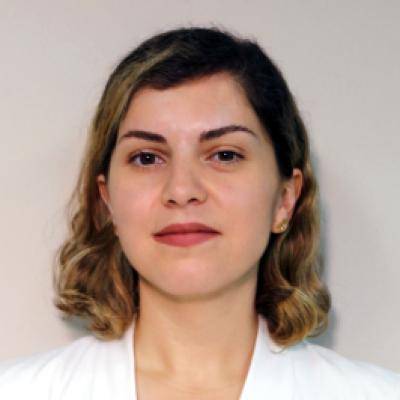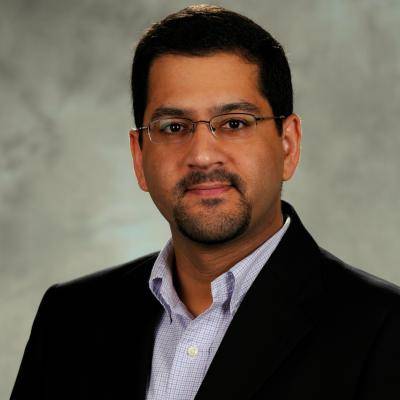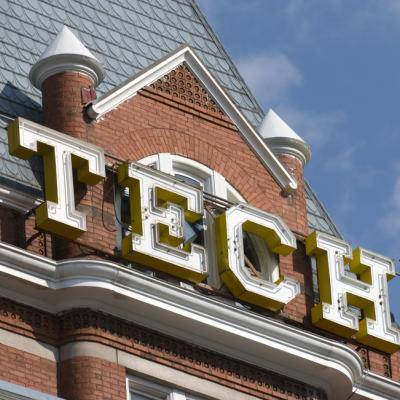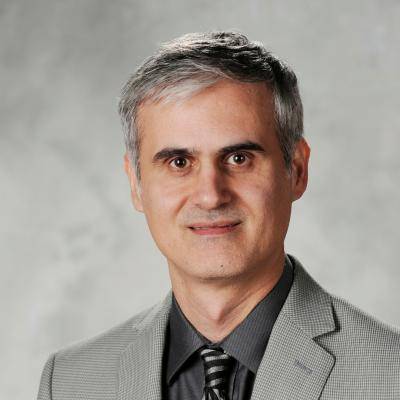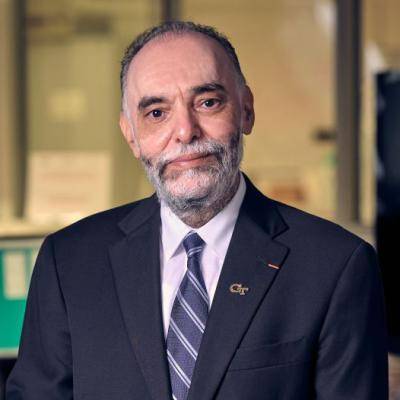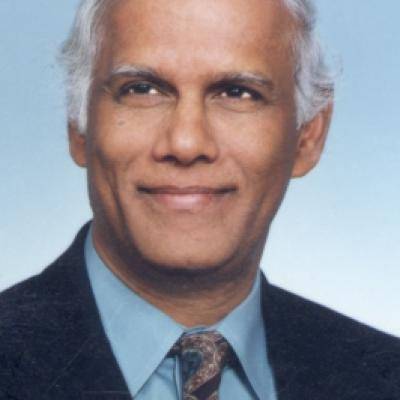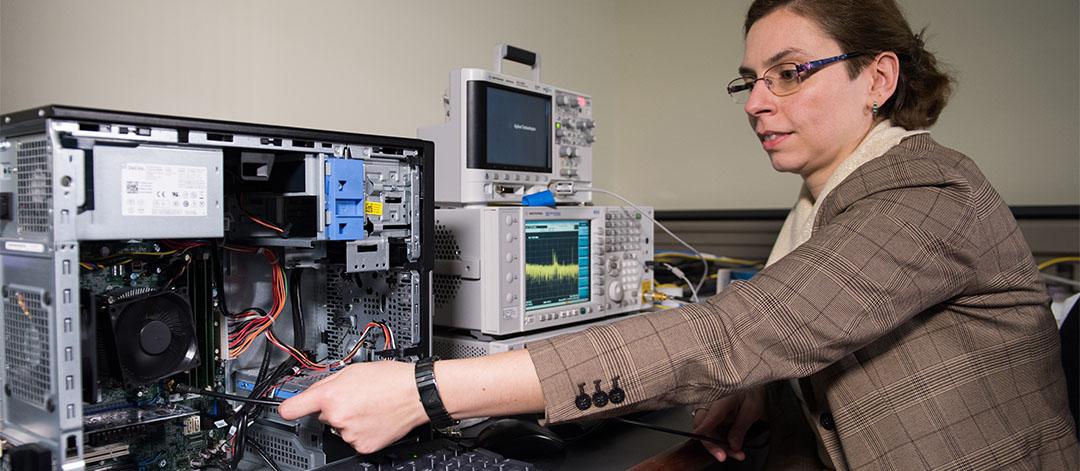
Nanotechnology is concerned with the emerging of enabling nano-scale materials and devices, including the design, analysis, and realization of enabling systems.
The invention of the transistor and the integrated circuit marked the genesis of microelectronics and set the stage for the unprecedented technological advances of the 20th century, which impacted virtually every aspect of modern life. Indeed, it is said that no invention in the history of humanity has so quickly spread throughout the world, or so profoundly pervaded so many aspects of human existence as the microprocessor. The field of nanotechnology has enabled such life-altering breakthroughs as implantable cardiac pacemakers, personal computers, wireless cellular telephones, optoelectronic-fiber networks, communication satellites and the Internet.
ECE offers its graduate students many opportunities to work as Graduate Research Assistants or Graduate Teaching Assistants. Virtually all Ph.D. students receive funding support through teaching or research
Research
ECE's Nanotechnology group is internationally recognized for their leadership in research and education in this dynamic field. This group is affiliated with three world class research centers, which play a defining role in Nanotechnology. Each of these centers is led by a senior ECE faculty member.
- University Center for Excellence in Photovoltaic Research and Education
- 3D Systems Packaging Research Center
- Center for MEMS and Microsystems Technologies (CMMT)
Principal funding for these centers comes from the U.S. Department of Energy, the National Science Foundation, the Georgia Research Alliance, and the State of Georgia. Other sponsors supporting the research of these and other projects include ITT, Boeing Aerospace Company, Texas Instruments, Semiconductor Research Corporation, the U.S. Air Force, the U.S. Department of Defense, and the National Aeronautic and Space Administration.
Nanotechnology research falls within the following major areas:
- Nano Devices and Systems
- Photovoltaics and Electro-optical Systems
- Integrated Sensor Systems
- Biomedical Applications
- Next Generation Electronic Packaging and Integration
- Compound Semiconductor Devices and Systems
Academics
The depth and breadth of faculty expertise in all areas of nanotechnology is reflected in the educational program. The curriculum consists of a series of core courses in devices and technology, supplemented by multiple opportunities for in-depth study of specific topics. The core courses are Introduction to Microelectronics Technology, Introduction to the Theory of Microelectronics, and Theory of Microelectronic Devices. This is supplemented by a series elective courses spanning all areas of this dynamic and growing field.

